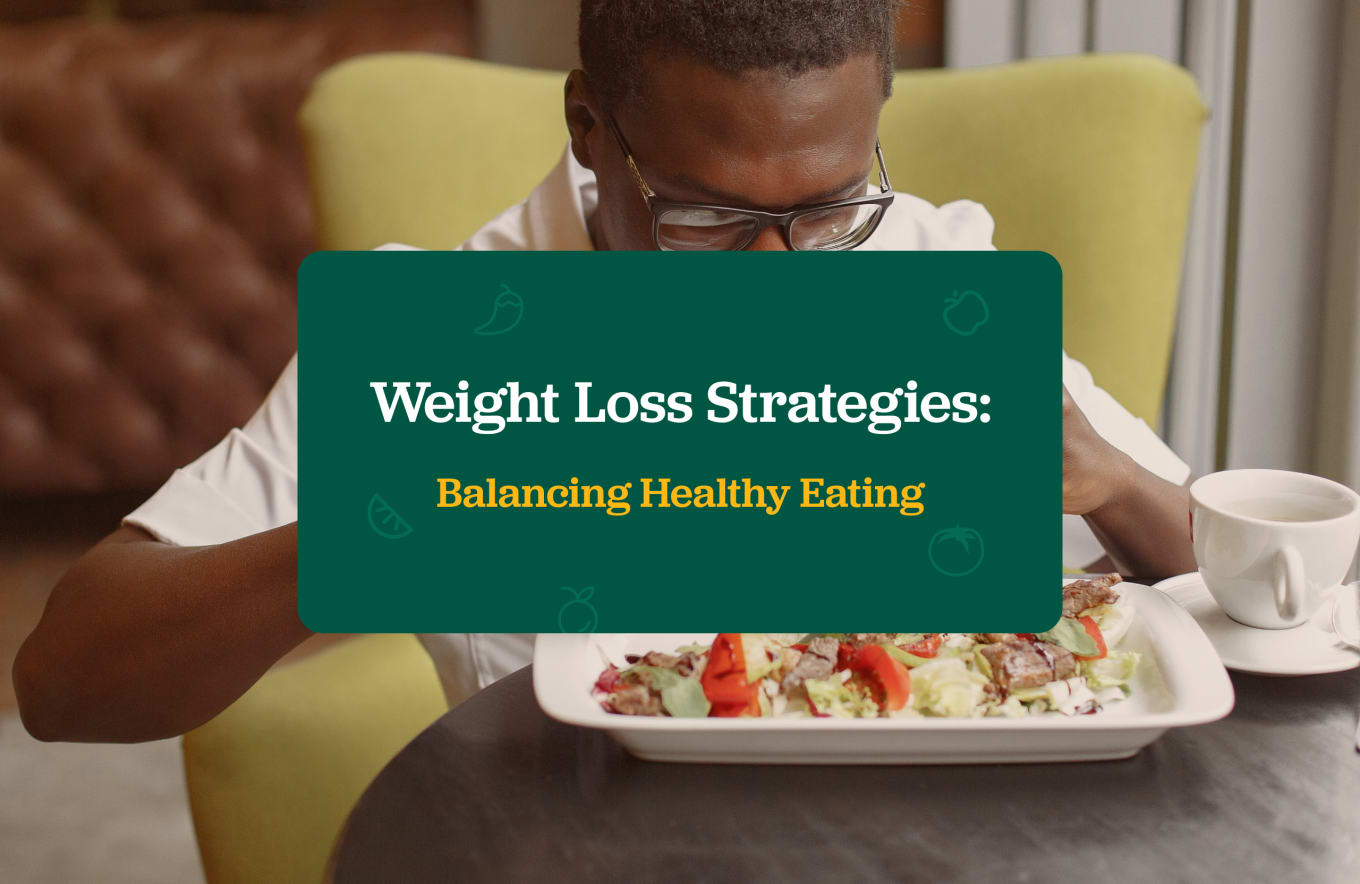Weight loss is a common goal and this goes hand in hand with healthy eating. Many people hope it will lead to better health, confidence, and energy. But the journey can often be confusing, with many myths about dieting and quick fixes. True, lasting weight loss is not about extreme diets or deprivation. Instead, it’s about building a positive relationship with nutritious foods. This approach nourishes the body from the inside out. And it’s far more effective for long-term success. Understanding this balanced approach is the first step in making lasting changes.

Understanding the Basics: What Is Healthy Eating?
Healthy eating can seem complex, but it’s simple at its core. It means eating foods that provide a good range of nutrients. This includes vitamins, minerals, proteins, fats, and carbohydrates, all of which our bodies need. The focus should be on nutrient density, not just calories. High-calorie foods, like sugary snacks, may taste good, but they lack nutrients. In contrast, nutrient-rich foods, like fruits, vegetables, and lean proteins, give us energy and help us feel our best. By choosing foods that meet both our calorie and nutrient needs, we can feel satisfied and healthier.
Role of Healthy Eating in Weight Loss
Eating healthy foods plays a key role in weight loss. Nutrient-dense foods help us feel full and reduce cravings. Fiber, protein, and healthy fats are especially important, as they keep hunger at bay and stabilize energy levels. For example, fiber-rich foods, like vegetables and whole grains, slow digestion. This helps keep blood sugar stable and prevents energy crashes. Eating a mix of complex carbs, lean proteins, and healthy fats also keeps our metabolism steady. Over time, these foods make it easier to avoid processed snacks and maintain a healthy weight.

The Psychological Aspect of Healthy Eating
Eating habits are often linked to emotions. Food can represent comfort, celebration, or even stress relief. Emotional eating can disrupt healthy habits, as it often involves high-calorie, low-nutrient foods. For lasting weight management, it helps to reframe how we view food. Instead of seeing it as a reward or escape, we can view it as fuel for the body. Practicing mindful eating, like noticing hunger cues and savoring each bite, can help with this shift. Building a healthy relationship with food is a key part of managing weight and enjoying the process.
Creating a Balanced Diet for Weight Loss
A balanced diet includes carbohydrates, proteins, and fats. Each plays a unique role. Carbs provide energy, proteins support muscle repair, and fats help with brain function and hormone health. Vitamins and minerals also matter. Nutrients like vitamin C, calcium, and iron keep the body strong and healthy. A balanced weight-loss meal might include lean protein, fiber-rich vegetables, and whole grains. For example, oatmeal with berries for breakfast, a salad with chicken for lunch, and a dinner of salmon with vegetables and a side of quinoa. This variety helps cover all nutrient needs and keeps meals interesting. Eden health meal plan provides you with consultation on meal plans suitable for you and how you can have it delivered to you with convenience.

Common Challenges and How to Overcome Them
Healthy eating comes with challenges, especially in social settings. Parties or gatherings may not offer healthy choices, making it hard to stick to goals. Preparing ahead can help. For instance, having a healthy snack before a gathering can reduce the temptation to indulge. Peer pressure can also be challenging. But staying focused on personal goals can help, even if setbacks happen. A slip-up is normal and doesn’t undo progress. Instead of feeling guilty, it helps to refocus and get back on track. Building resilience is key to a sustainable healthy eating plan.
Long-Term Benefits of Combining Weight Loss and Healthy Eating
Weight loss through healthy eating offers benefits beyond looks. It improves mental clarity, boosts energy, and lowers the risk of chronic diseases. A diet rich in fruits, vegetables, lean proteins, and whole grains supports heart health and digestion and strengthens immunity. Healthy eating habits can be a lasting part of life. With time, this lifestyle leads to overall wellness and an improved quality of life. The positive impact of nutritious food choices can make weight management easier and health benefits last for years.


